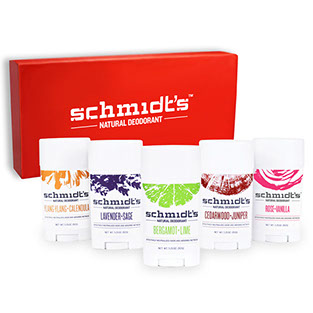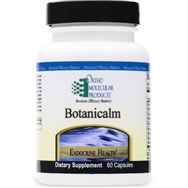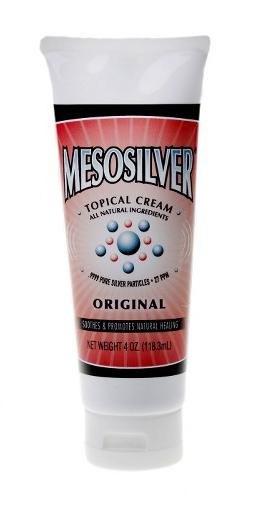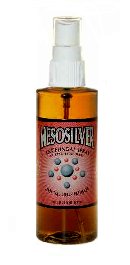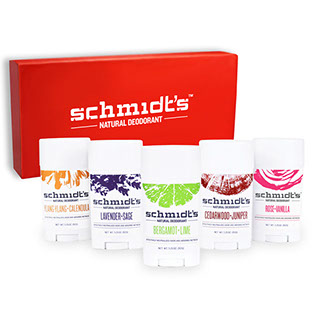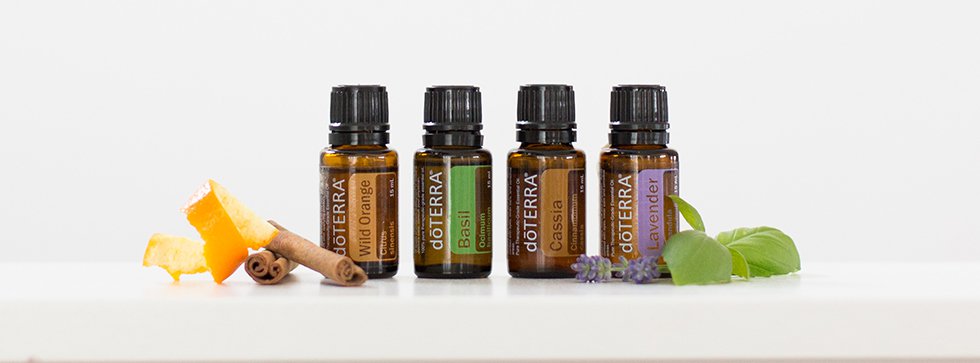|
During this time of year it is very common for patients to get a sore throat for a variety of reasons. It is one of the most common reasons that patients come to see. The primary concern most patients have in regards to a sore throat is whether they have strep throat or not.
So does sore throat mean strep throat? The answer is no. We all know that strep throat is very common in children. It can be the cause of a sore throat in up to 40 % of cases in children. However, what is not often known is how often strep throat is the cause of sore throat in adults. Interestingly, strep throat only accounts for about 5 to 15 percent of cases of sore throat in adults presenting with sore throat. So what are the common causes of sore throat? Group A streptococcus (Strep throat) — The clinical features of strep throat include sore throat, pus on the tonsils, swelling of glands in the neck, and fever. I find that in adults cough and runny nose are typically absent. In young children the symptoms can be a little less textbook and there sometimes can be cough and congestion. Viruses — The most common causes of sore throat are viral agents. Patients with a virus often also have cough, body aches, and swollen/red tonsils. Pus on the tonsils is uncommon even in the presence of severe sore throat pain. Epstein Barr Virus (Mono) — Infectious mononucleosis is best known as "Mono". Mono often begins with feeling sick, headache, and low-grade fever before development of the more specific signs of sore throat/tonsillitis, swollen glands, and moderate to high fever. Fatigue is a prominent component when sore throat is due to Mono. There are many other viruses associated with sore throat in adults. These include the flu virus, the cold viruses, RSV, the croup virus, and HIV. Other bacteria - There are also other types of bacterial infection that cause sore throat besides the classic group A Streptococcus. These include other types of strep or more rare bacteria like diptheria. Non-infectious causes — The most common non-infectious cause of sore throat is allergies. Other causes include environmental exposures and acid reflux. Dry air is also a common cause. What are some dangerous conditions and symptoms associated with sore throat? Some dangerous conditions associated with sore throat include when patients have unusually severe signs and symptoms such as inability to swallow, a muffled "hot potato" voice, or neck swelling. The conditions should be evaluated immediately for possible abscess, swelling of the epiglottitis, or neck infections. How do we detect strep throat? Most of us are familiar with the strep test. The strep test will pick up strep throat in about 70 - 90 % of cases. The definitive test is a throat culture. When should you seek medical attention? The good news is that strep throat is very treatable and most viruses resolve on their own without treatment. If your sore throat symptoms are similar to the classical criteria for strep then seek immediate medical attention. In additon, you should seek medical attention if your sore throat is severe, worsens, or doesn't improve after five to seven days of symptomatic treatment. For those with questions about a sore throat or need to be evaluated I am happy to help. Feel free to reach out or visit the contact page for more information.
0 Comments
The symptom of cough is one of the primary reasons patients come to see me. It is also one of the most annoying and persistent symptoms for patients and one of the most difficult to treat. Across the United States, evaluation and management of cough can account for up to 40 percent of patient visits to doctor's offices.
Acute cough, which lasts up to 3 weeks, is most commonly attributed to upper respiratory infection. Other causes include asthma, COPD, pneumonia, and blood clots. Cough that persists beyond 3 weeks but less than 8 weeks is defined as subacute cough. A cough that lasts longer than 8 weeks is defined as a chronic cough. Interestingly, patients who go to their doctor for chronic cough are more likely to be female. Women also tend to cough more often and to have heightened cough reflex compared to men. The most common causes of chronic cough are upper airway cough syndrome, asthma, and gastroesophageal reflux (acid reflux). Upper airway cough syndrome is often caused by allergies, post-nasal drip (drainage), runny nose, or sinus issues. Treatment includes addressing the underlying cause including treatment with antihistamines or decongestants. Asthma is often associated with night time cough and/or wheezing. Treatment includes inhalers and steroids. Gastroesphogeal reflux or acid reflux is often associated with night time symptoms as well and patients often report a sour taste in their mouth in the morning. The cough is typically better during the day. Treatment includes addressing the underlying factors contributing to acid reflux and sometimes reflux medications like Nexium or Pepcid. A post-infectious cough is also a common cause of subacute and chronic cough with symptoms often persisting well beyond when other symptoms have resolved. A post-infectious cough may be the cause of subacute cough in half of all cases. Other causes include blood pressure medicines (ACE inhibitors) like Lisinopril, bronchitis, lung disease, or cancer. When to be concerned? Common reasons to be concerned and to consult with your doctor include cough persisting longer than eight weeks, a history of smoking, fever, weight loss, or worsening cough. In general, I recommend getting a chest xray for cough persisting beyond 8 weeks or sooner if there are other warning signs. The good news is that upper airway cough syndrome, asthma, and gastroesophageal reflux are responsible for the vast majority of cases of chronic cough. These conditions are very treatable in most cases. For those with questions or concerns about a persistent cough I advise you to consult with your doctor. I am happy to help as well. One of the common misconceptions out there is that eating Thanksgiving dinner will inevitably make you sleepy and lethargic. While it is the case that the majority of people feel that way after Thanksgiving dinner, it doesn't have to be that way.
The post-Thanksgiving Dinner blues have been attributed to many causes. Many people think that eating a lot of Turkey is the cause of the lethargy they feel 1-2 hours after eating Thanksgiving dinner. Tryptophan, which is an amino acid present in turkey meat, was thought to be the culprit. However, there is evidence that Tryptophan may not have a significant effect on the lethargy we feel after Thankgiving dinner. This is because many meats such as pork have just as much or more Tryptophan than turkey yet they are not associated with the same sleepiness. There is more evidence that a few other variables may be involved. One of most important variables is the volume of food that is eaten. Overeating is very common during the Thanksgiving meal and a full stomach can induce feelings of satiety and lethargy as resources are diverted to digestion. It is also very common during Thanksgiving to consume a large amount of carbohydrates. This comes in forms of potatoes, bread, and deserts. Eating a high carbohydrate load triggers insulin release and can sometimes lead to transient hypoglycemia after the meal. This is often associated with fatigue and lethargy as the sugar and insulin level equilibrate. So how do you avoid the Thanksgiving blues? Here are a few tips:
Feel free to pass on any other tips that you might have in the comments section below and have a happy and joyous Thanksgiving! There are few things more annoying than body odor. I hadn't realized how pungent body odor can be until my oldest son started to produce some of his own over the past couple years. If you have a teenage boy you can probably attest to what I am talking about.
Of course, our first reaction was to get him some antiperspirant and deodorant. But why do we smell? Our bodies have two different types of sweat glands. One type of sweat glands, the apocrine glands, are mostly located in areas of dense hair and associated with body odor. These glands secrete fluid into the hair follicles which when combined with bacteria leads to body odor. This happens because bacteria thrive in warm and moist environments such as the armpits. The products of these bacteria are called thioalcohols. These chemicals are responsible for the smell. So what makes body odor worse? For me personally, I notice increased body odor and sweat when I am consuming more carbohydrates or when I am stressed. I generally have very little body odor when I am eating a very low carbohydrate diet. Some of the major causes of body odor include:
To combat body odor our first reaction is often to reach for antiperspirant or deodorant. But are there potential risks for using traditional deodorants? The answer is definitely yes. I personally cannot use either traditional deodorants or anti-antiperspirants with either Aluminum or alcohol. I get horrible rashes and irritation. My symptoms only resolved when I found high quality products that don't contain these chemicals. The ingredients of these products may even penetrate the skin and be found in your blood. So what are 5 of the most common potentially hazardous chemicals in these products? Aluminum Aluminum helps block your sweat glands and reduce the amount of sweat your secrete. Aluminum has been potentially implicated in breast cancer. Parabens These chemicals are used as preservatives. Parabens are associated with changes to the productive of estrogen and other hormones in your body. This may increase the estrogen effects in your body. Phthalates These compounds make these products sticky. These compounds may effect androgen function in the body. Triclosan This chemical is used to kill bacteria. It may also be associated with hormonal abnormalities. Fragrances Some people may develop allergic reactions to certain fragrances. So what options are available to fight body odor? There are various options available. Some treatments like rubbing Lemons or Limes in your armpits may kill bacteria. Vinegar, Hydrogen Peroxide, Tea Tree/Coconut Oils may also kill bacteria. Odors can be neutralized by baking soda. Besides these natural options I have found a couple products that work well for me and are completely free of the potentially dangerous toxins that I listed above. One of these products that can be purchased by anyone at my practice is Schmidts 100% natural deodorant. There are many different natural scents available with this brand and it works very well to eliminate odors and I have had no side effects with the use of this product like I get with other products that I get from the grocery store. For those that want a natural option feel free to reach out to me for more information. See the products below. I have always wanted to share with others the products that I personally use and believe in. These products are natural and effective and can now be purchased at Murdock Health. Instead of buying substandard products from the grocery store why not support an independent practice like Murdock Health and stay healthy at the same time. This brings me to the product line up which can be purchased at my clinic. You don't need to be a patient to pick up these products so please pass this information on to friends and family.
|
Doctor/Telemed/Sick Visit $60
PREMIUM $45-60/MO
WEIGHT LOSS $60 HCG DIET $399 HORMONE VISIT $60 BLOOD WORK $60 LACERATION $150 STEM CELL $999 Testosterone Visit $69 Vitamin B12 $25 Archives
June 2022
Categories
All
|

